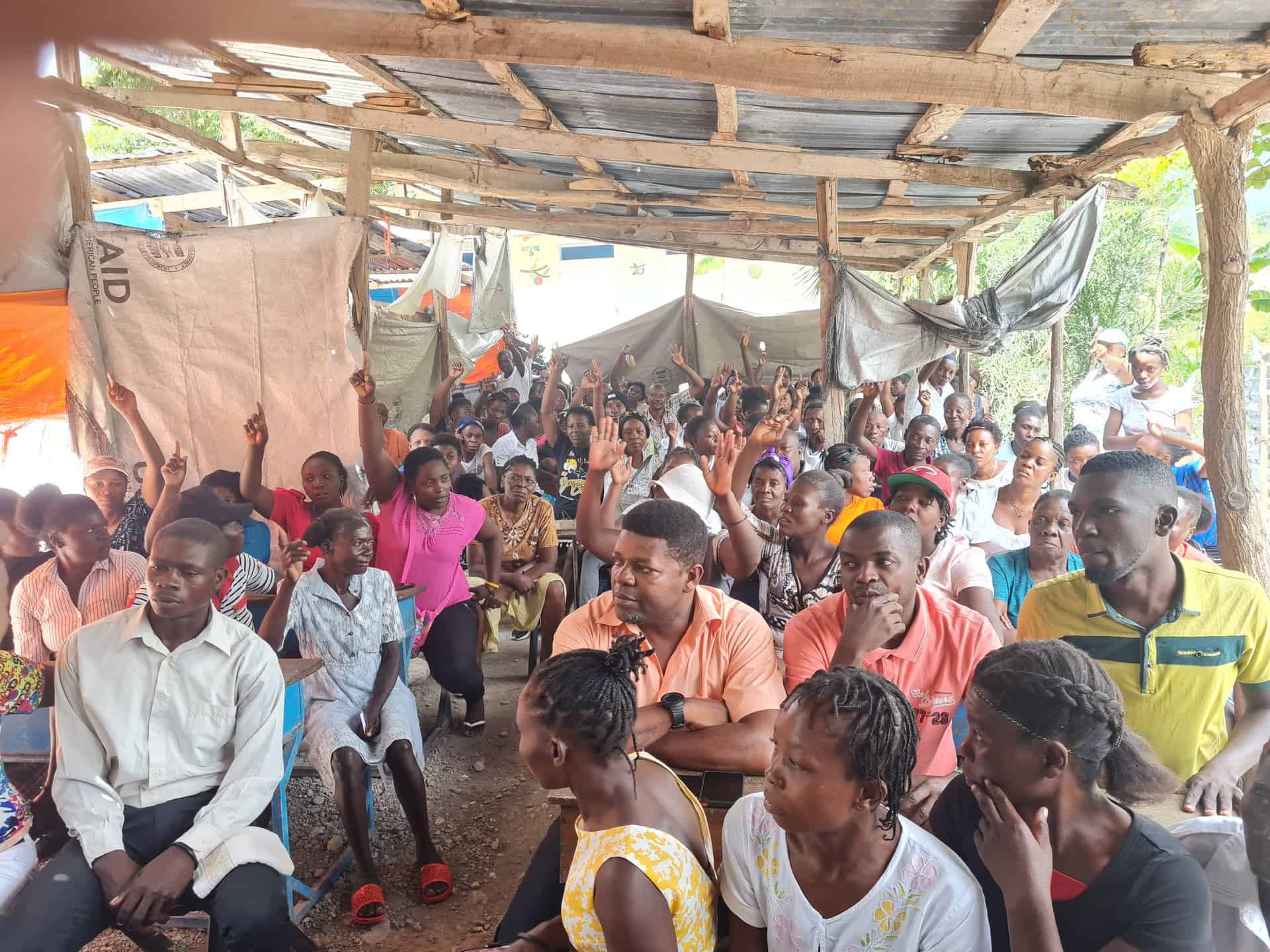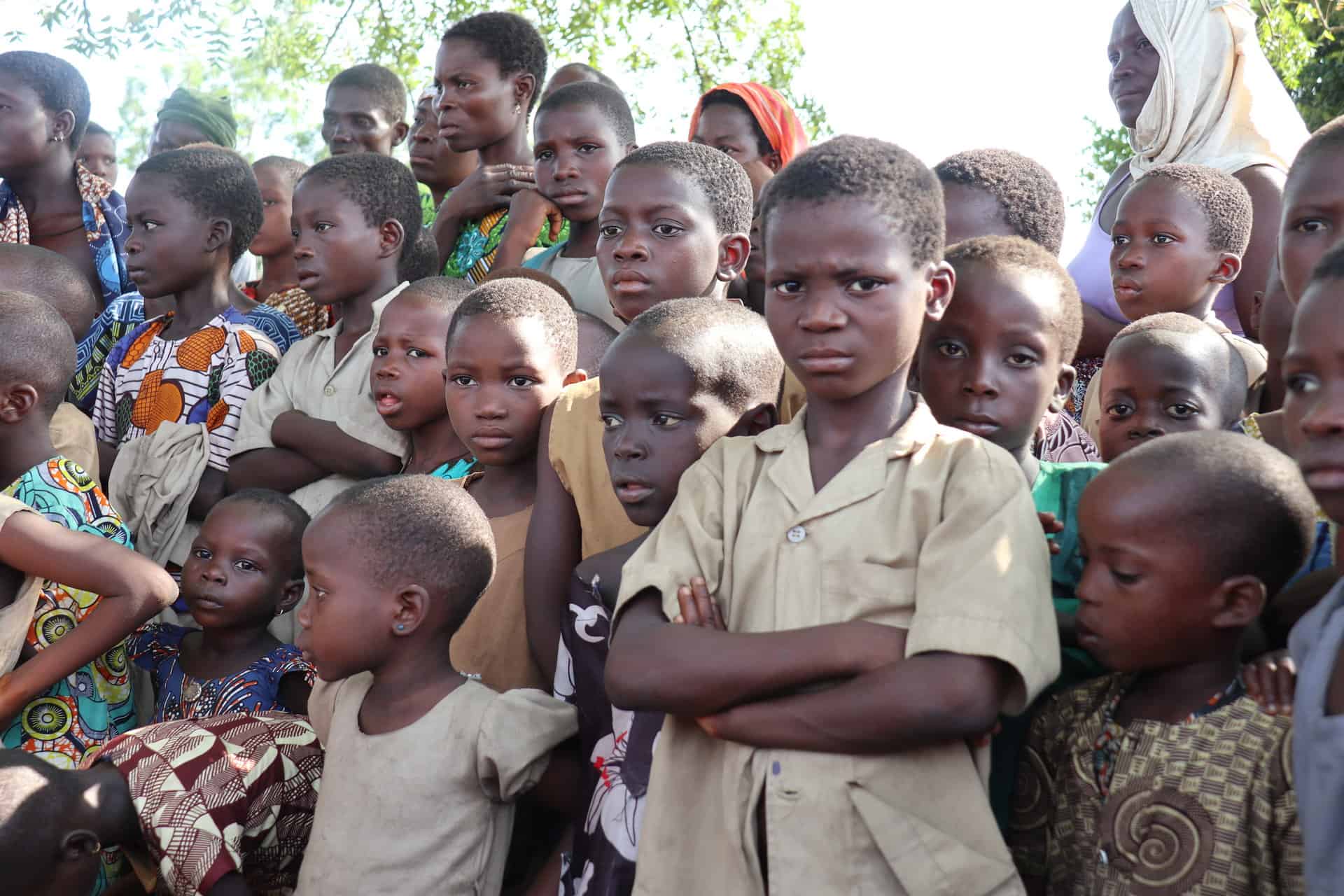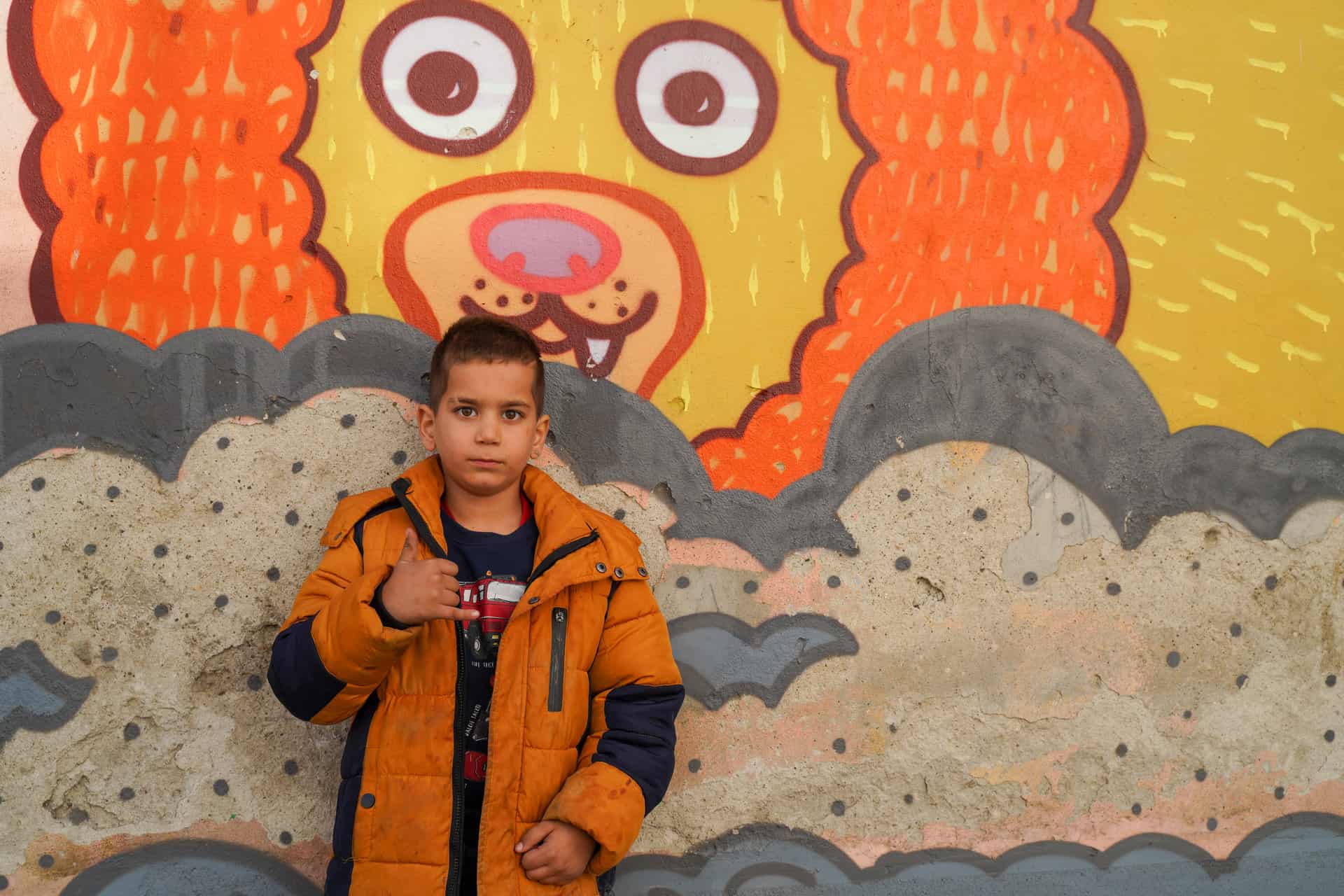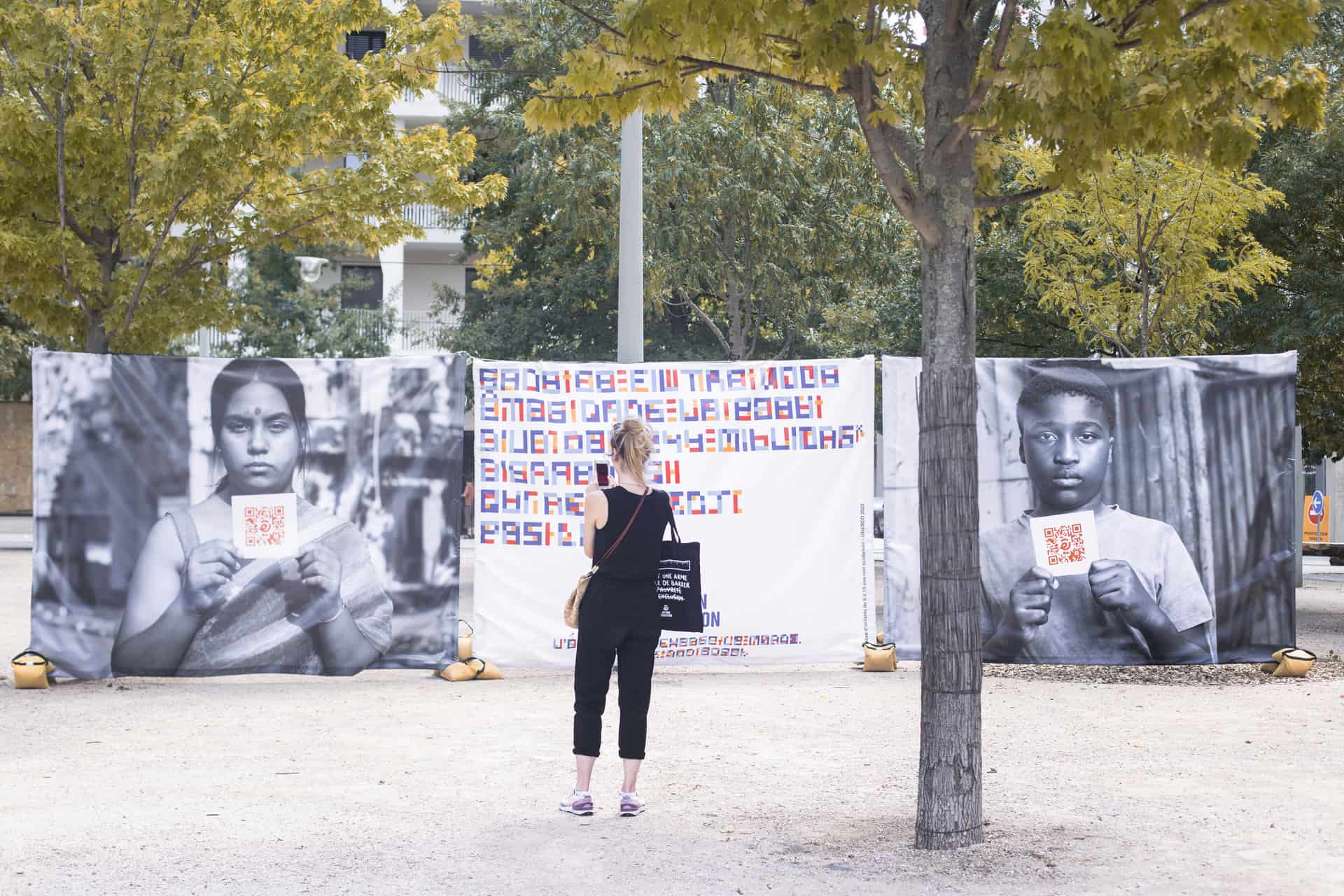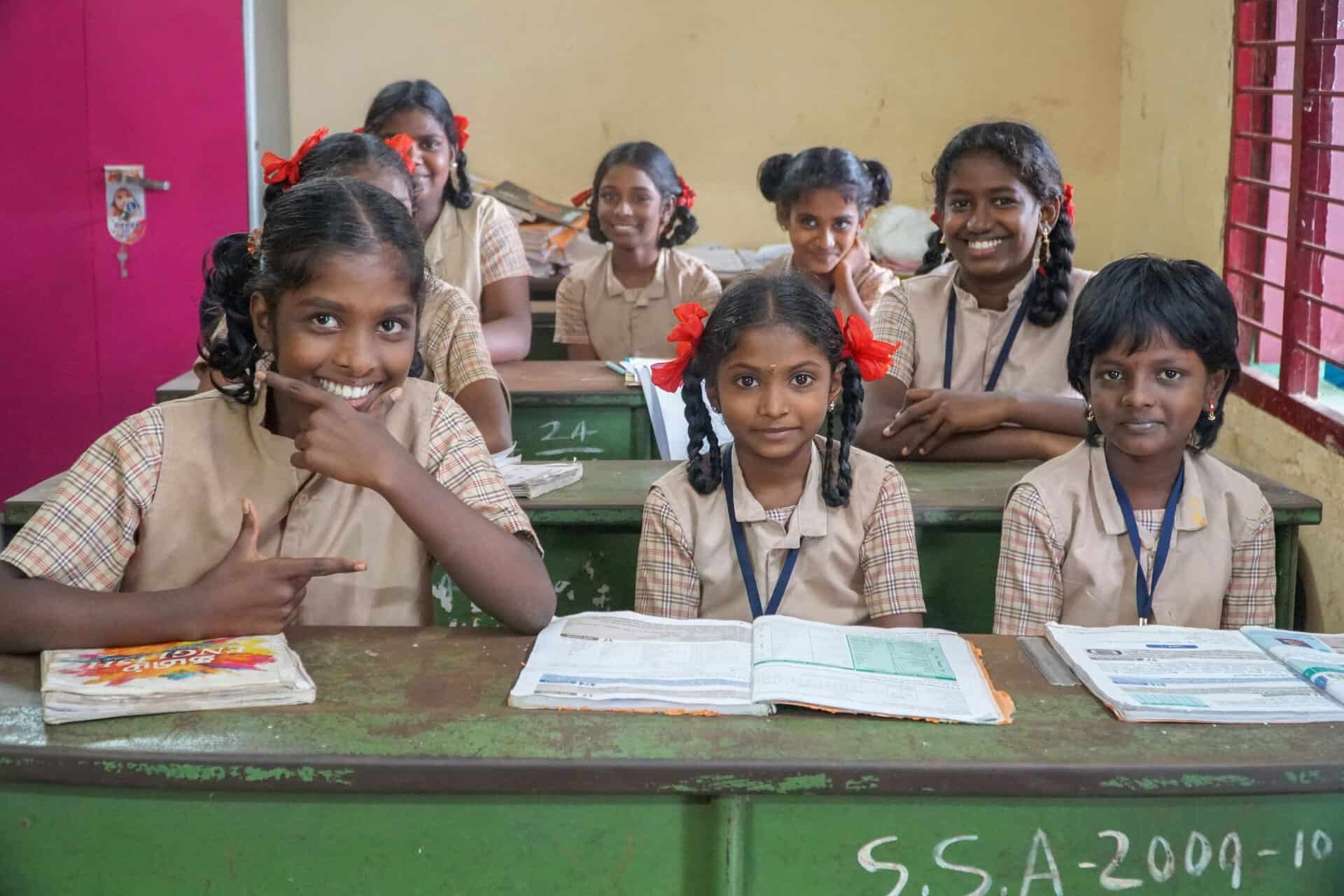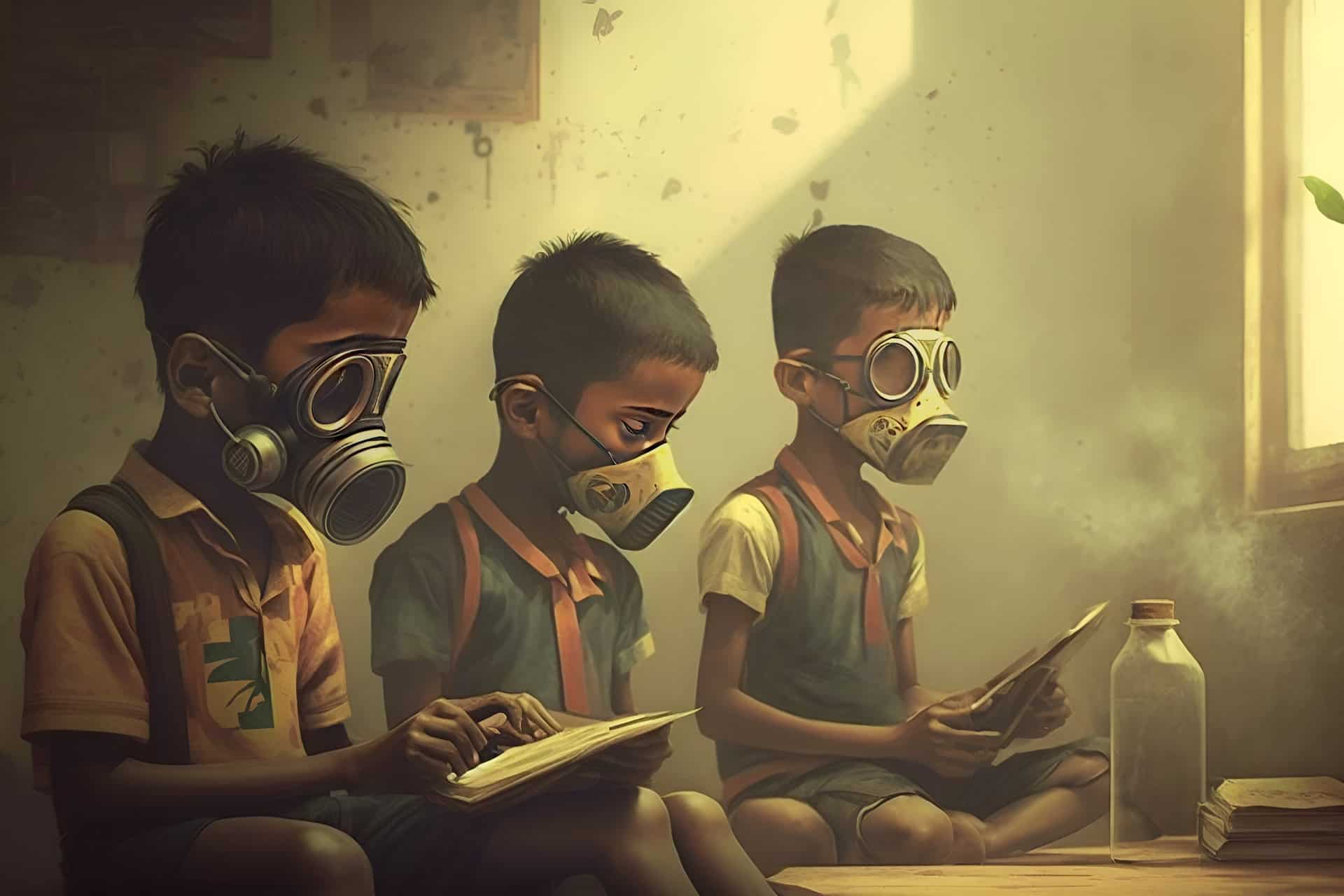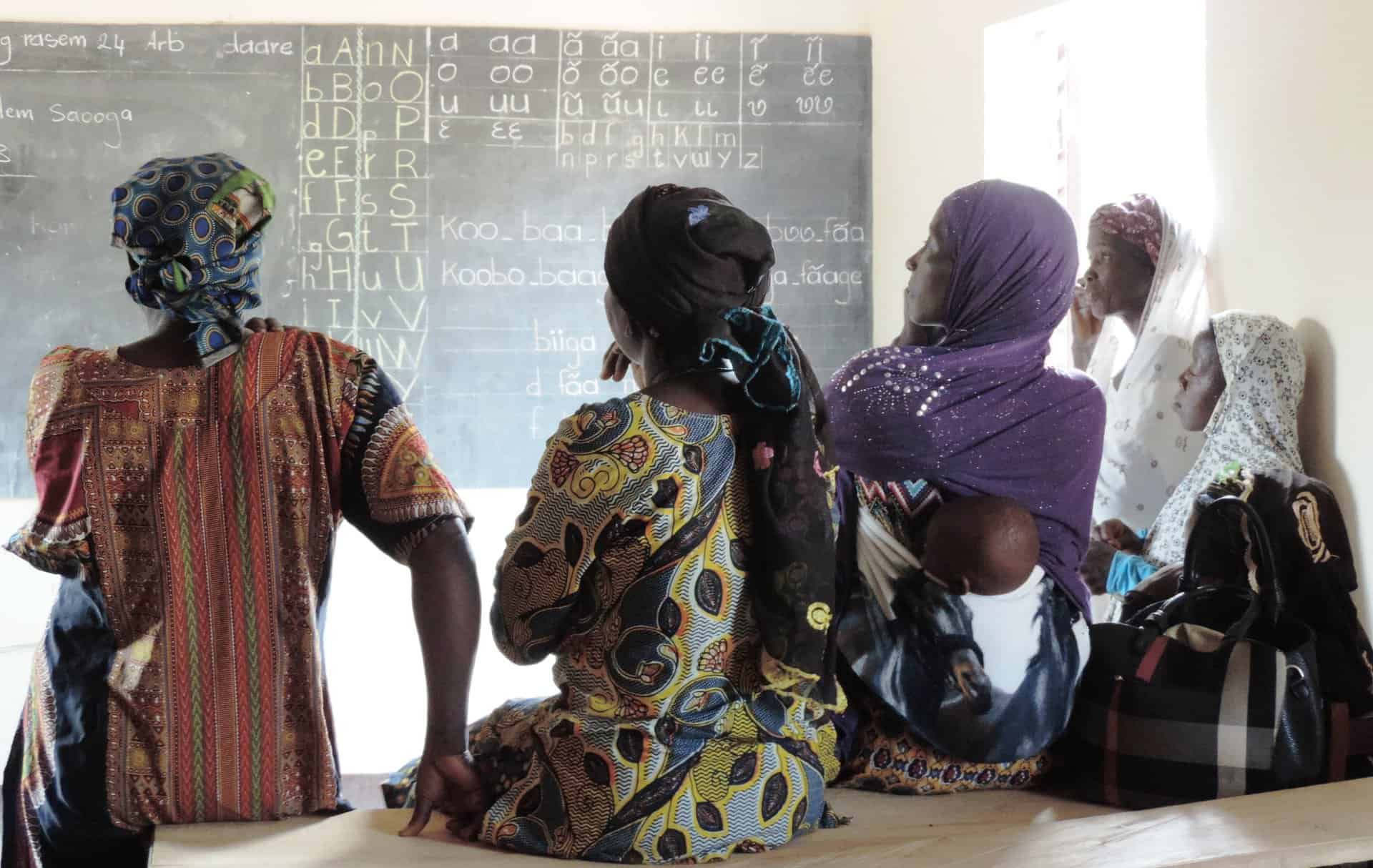Action Education in Latin America Caribbean/Haiti

The context of intervention
Since 2018, Haiti has been experiencing an unprecedented political crisis marked, in particular, by an alarming level of insecurity (kidnappings, assassinations and massacres in series) reflecting a flagrant violation of human rights.
Armed gangs continue to fight, kill, terrorise and rule in urban areas (Port-au-Prince, Pétion Ville, Carrefour, Delmas, Cité Soleil, Tabarre). This has resulted in an increase in the number of people and families displaced by the violence.
A report by the United Nations Office for the Coordination of Humanitarian Affairs (OCHA) in 2021 states that 1.1 million people are in need of assistance. These include women, girls, children, the elderly and people with disabilities, all of whom have been forced to leave their homes and living in deplorable and unacceptable conditions ever since.
In October and November, gangs blockaded the country's two oil ports for several weeks, causing a major fuel crisis.
In an already deteriorating economic context, the COVID-19 pandemic has added to this accumulation of crises.
Our areas of intervention
In 2021, the main areas of intervention for Action Education in Haiti were :
- Emergency response to the 14 August earthquake ;
- Establishment of the team and preparation of project start-up activities: "School as a vehicle for social change in Haiti;
- Recruitment and training of project staff (9 people) ;
- Official launch ceremony on 9 June 2021;
- Development of tools to map existing school management structures and a community mobilisation guide.
Our project in Haiti
School as a vehicle for social change in Haiti (Lekòl Chimen Libète)
This project addresses 3 major challenges facing the education sector in Haiti: access to education, quality and teaching conditions, and participatory management and governance.



